Book Review
-
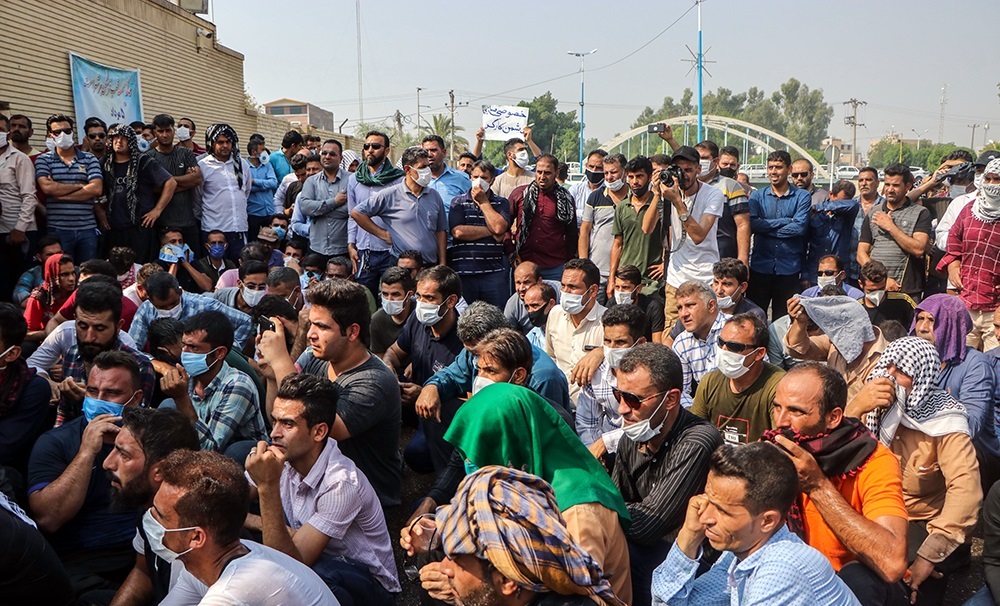
How Iran’s Working Class Fights to Survive: A Political Explanation
•
Kazem Farajollahi’s article, is a powerful and detailed explanation of the struggles that Iranian workers face today. It was published on International Workers’ Day, a date that has special meaning for labor movements around the world. The article begins with a dedication to two women workers, Reyhaneh and Sharifeh, who,…
-
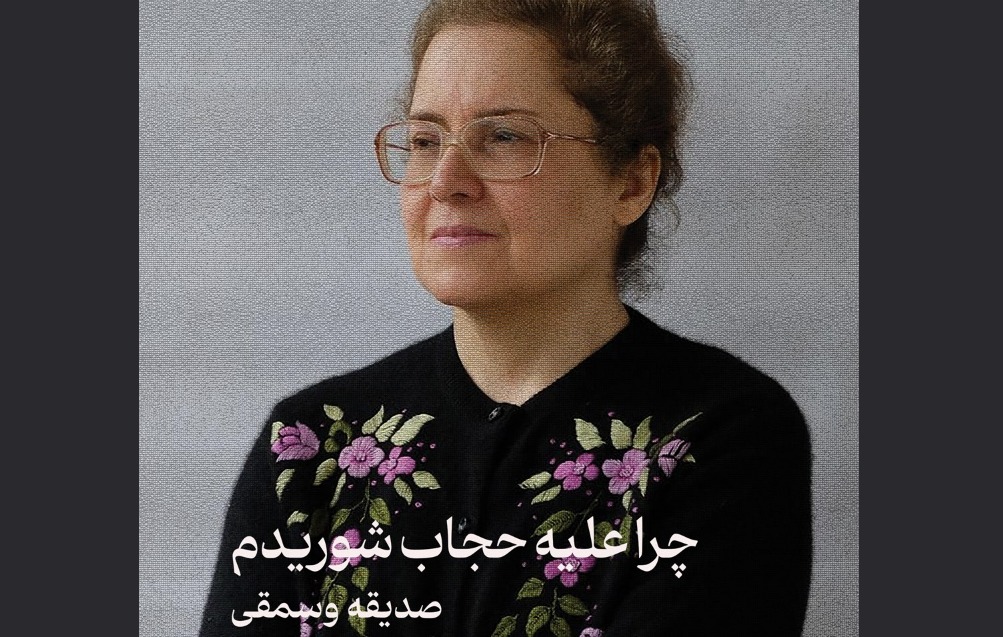
A Theology of Rebellion: A Muslim Woman’s Revolt from Within
•
What happens when a Muslim woman says no to the forced hijab? What if that woman is not a secular activist or a Western journalist, but a religious scholar, a poet, and a former member of the Iranian Islamic parliament? This article introduces a Persian-language book by Sedigheh Vasmaghi, a…
-
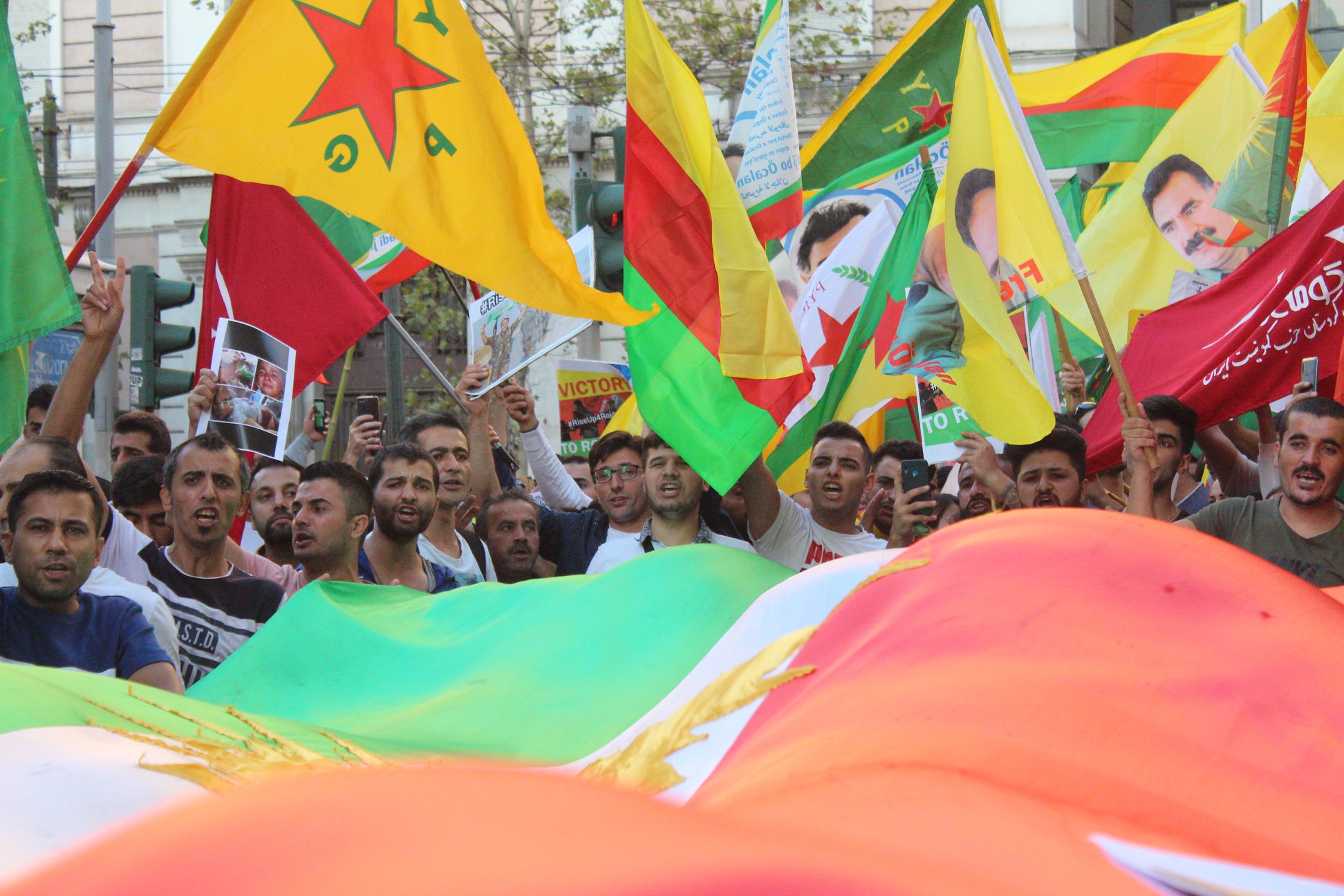
After Armed Struggle: Kurdish Nationalism at the Crossroads
•
This article has been written by Siavash Daneshvar, an Iranian communist activist and political analyst. Daneshvar was imprisoned in the early years following the 1979 Iranian revolution for communist activities and organizing labor protests. After his release, he joined the Communist Party of Iran, continuing his struggle in the liberated…
-
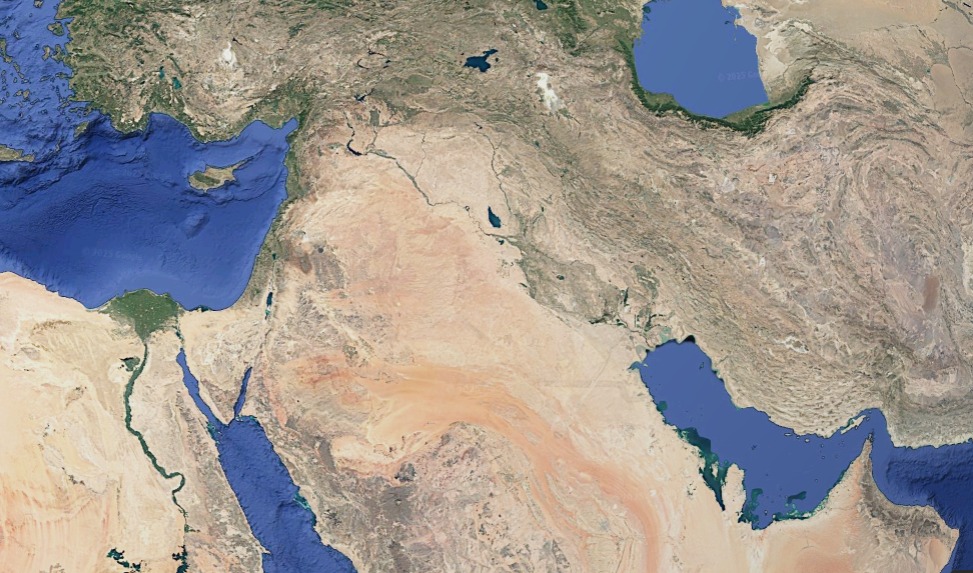
The Curse of Oil, the Weight of History
•
The article “Iran in the Context of the Middle East – A Concise Analysis of the Situation” (published in Persian) by Mohammadreza Nikfar presents a sweeping historical and political analysis of the Middle East, tracing the region’s cultural layers, its historical aspirations, and its present-day struggles. The author argues that…
-
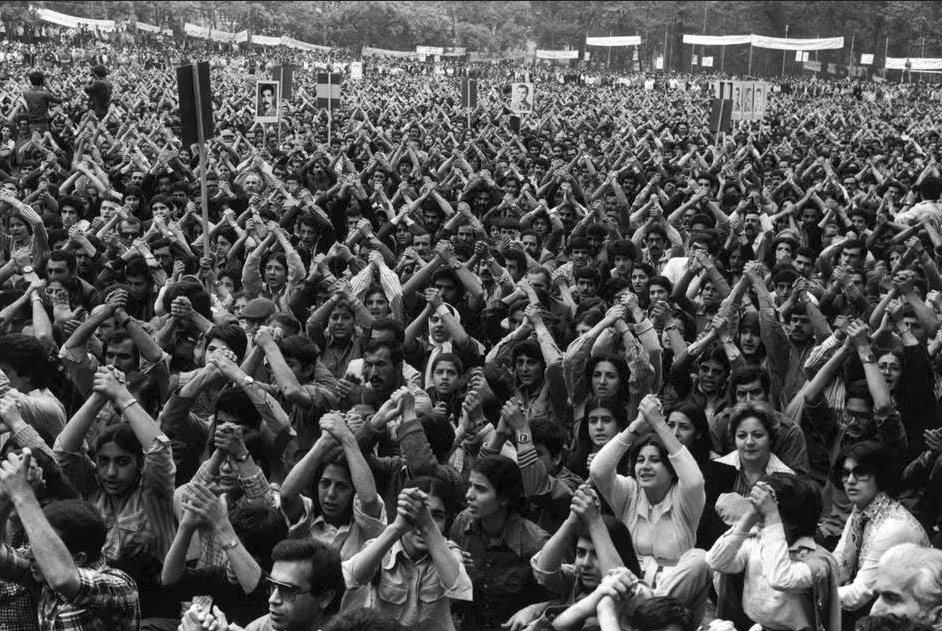
Nostalgia vs. History: Why the Iranian Revolution Was No Accident
•
Khosrow Sadeghi Boroujeni’s article critically dismantles revisionist narratives that seek to erase the realities of Iran’s pre-revolutionary era while blaming the 1979 revolutionaries for the rise of the Islamic regime. He challenges both monarchist nostalgia and reformist pragmatism, exposing how these perspectives manipulate historical memory to serve political agendas. Boroujeni…
-
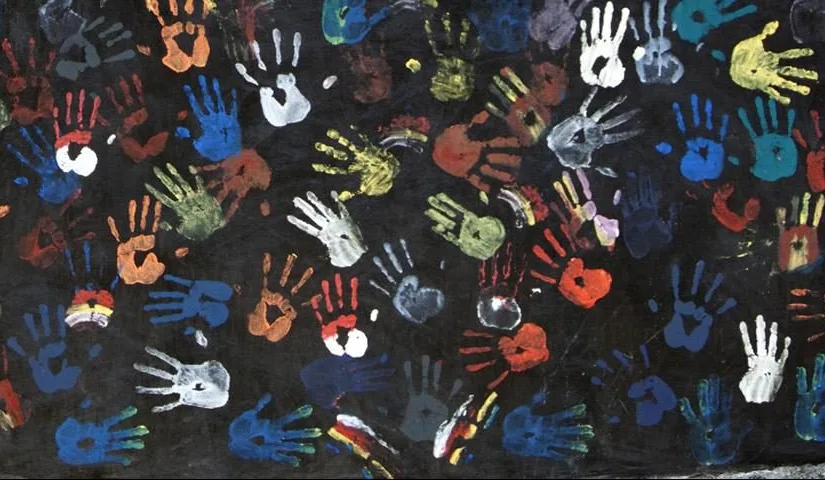
The Dangers of Nationalism: Lessons from Mansoor Hekmat
•
My acquaintance with Mansoor Hekmat began in 2004, during a time of turbulence, both in the world and in my own search for meaning. It was in Sanandaj, center city of Kurdistan province in Iran, in the quiet defiance of an underground gathering, that I met a group of members…
-
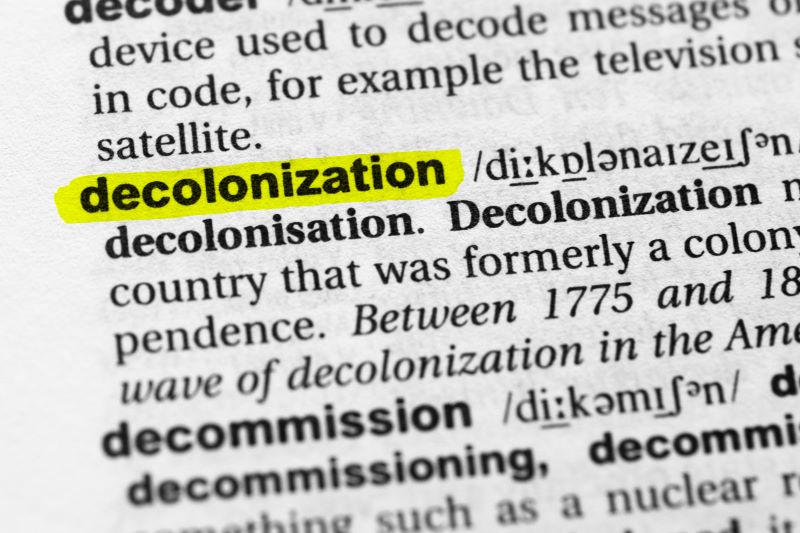
Decolonization vs. Social Justice: Key Differences
•
Lately, you might have noticed the word “decolonization” popping up in conversations about social justice, education, and even mental health. It’s become a buzzword, a way to signal progressive thinking or a commitment to fairness. But at its core, decolonization isn’t about improvement or reform. It isn’t a metaphor to…
-
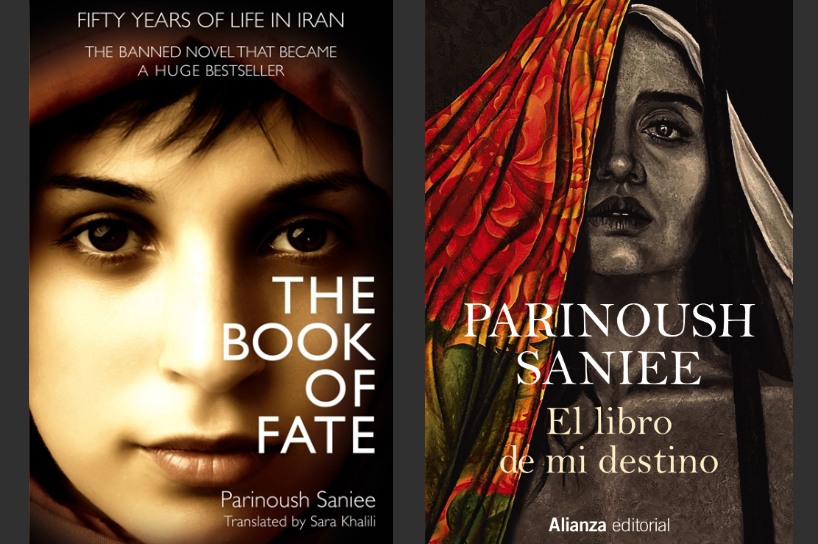
The Book of Fate: Heartbeats of Resistance and Sacrifice
•
A friend’s request for English translations of Persian literature led to a search highlighting Iranian women writers, focusing on themes of resistance and struggle. A notable work is “The Book of Fate” by Parinoush Saniee, a novel depicting Iran’s social history from the 1970s to present. It follows Massoumeh, a…
-
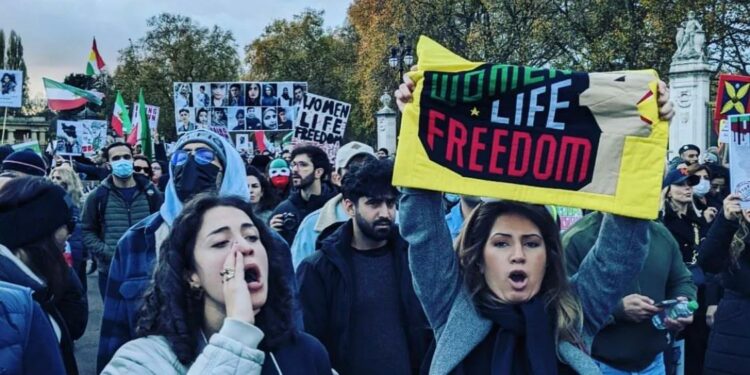
Gender Dynamics in Authoritarian Islamic States
•
From “Life as Politics: How Ordinary People Change the Middle East by Asef Bayat.” A book about struggles for social change in the Muslim Middle East, mostly focused on Iran and Egypt but with scattered references to other countries as well. The first edition was written not long before the…
-
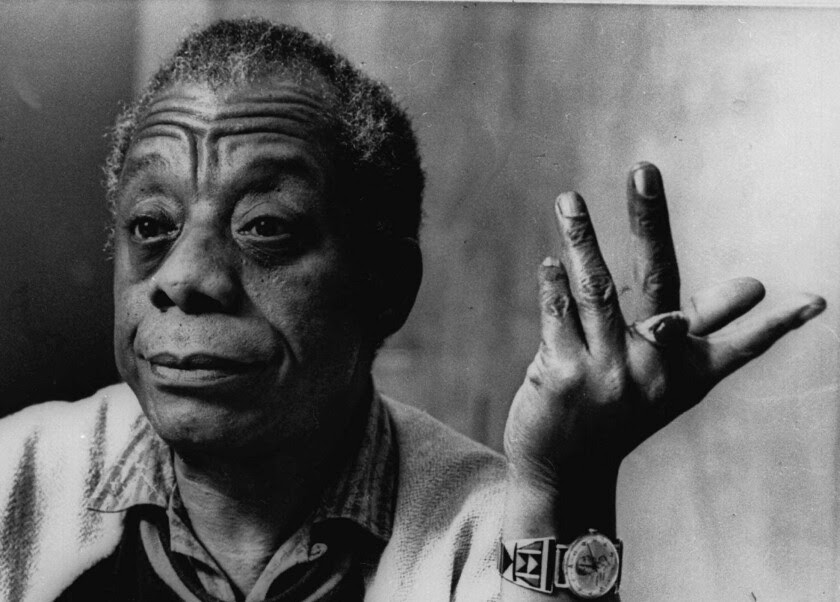
From Harlem to Palestine:
Baldwin’s Intersectional Resistance•
“Of Latitudes Unknown” explores James Baldwin’s intellectual legacy by reevaluating and expanding on existing Baldwin scholarship, introducing new critical perspectives and themes. The book delves into lesser-known aspects of Baldwin’s thought, including his bilingual communications, later interactions with Africa, his engagement with French and Arab media, and his overlooked works…
-
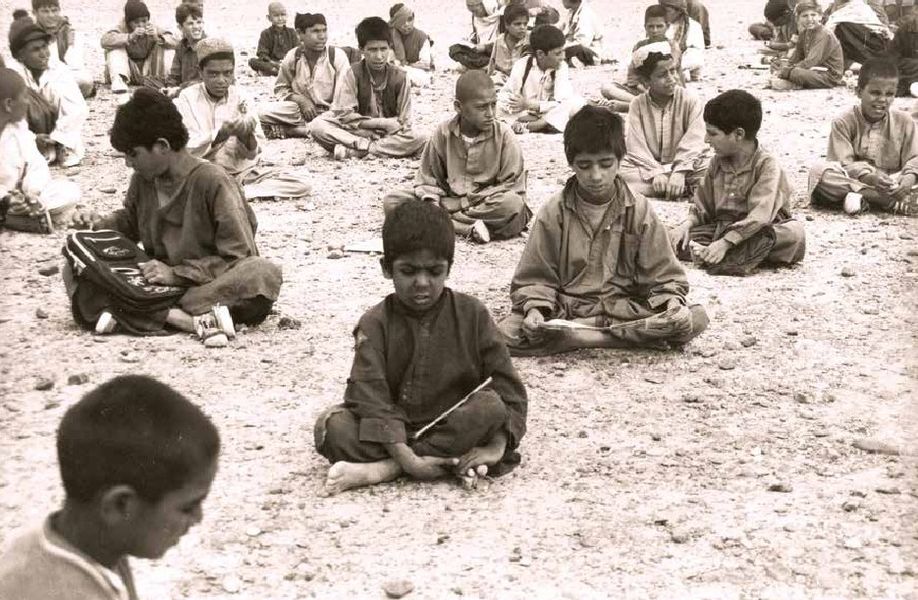
Afghanistan; A place Every Bomb Detonated
•
In the unforgiving deserts of Nimroz, amid dust and displacement, we made bonds and promises sprinkled with earth-tasting sugar to never forget each other. Narges Joodaki, an award-winning journalist, documents the harrowing journeys of Afghan refugees scarred by continuous wars. While teaching displaced children, subject to a world of suffering…
-
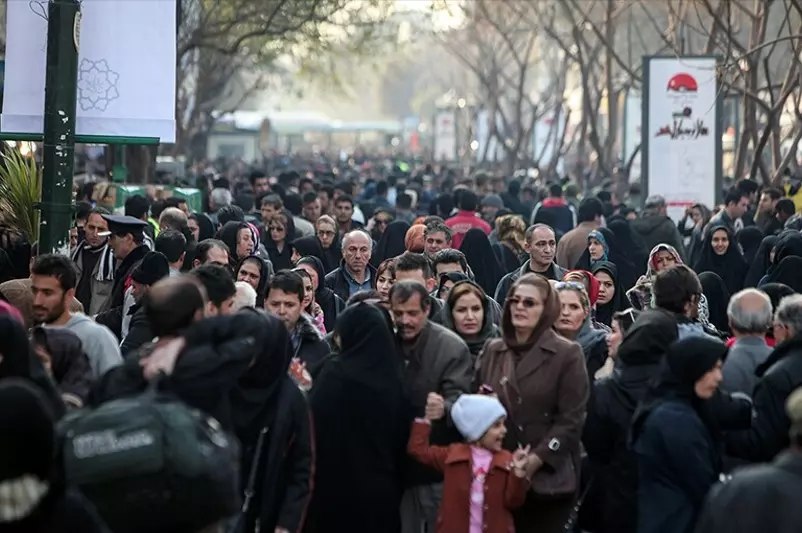
Dawn of the Iranian Renaissance:
Critiquing the Religion•
Reza Alijani’s book “The Future of Islam in Iran” explores the social evolution and religious criticism in Iran since the Qajar era, focusing on the post-1979 authoritarian turn and economic corruption of the Islamic Republic. Analyzing society’s move towards modernity and individual rights, Alijani underscores the widespread challenge to traditional…



